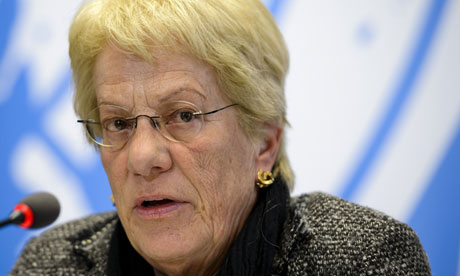By Justin Dorman
Impunity Watch Reporter, Middle East
MANAMA, Bahrian – Bahraini human rights blogger and free speech activist, Ali Abdulemam, who had gone missing for two years has finally resurfaced in the UK. He will reunite with his wife and daughters who he has not seen or spoke to since his escape from Bahrain, and is set to speak next week at the Oslo Freedom Forum.

Since the inception of pro-democratic demonstrations in Bahrain in 2011, the Bahraini government has sought to control the media. The media paints a picture of human rights activists as criminals attempting to subvert the state. The 2002 Press Law allows the state to incarcerate journalists who are found to have criticize the religion of Islam, the king, or who have been deemed to have threatened national security.
Back in March 2011, Abdulemam’s home was raided by security forces, however, Abdulemam was not home and has not been home since. He was able to escape Bahrain while being hidden in a secret compartment of a car and was brought to Saudi Arabia , Kuwait, and Iraq before finding his way to the UK.
While Abdulemam was missing he was tried in absentia and found guilty by a a military court for “plotting a coup.” He was then given a fifteen year sentence.
Abdulemam’s activist activity dates back to at least 1998 when he created the web blog, Bahrain Online, for individuals to have a place to discuss the government. Back then, Abdulemam was using a psyuedonym. He eventually began using his real name because he wanted people to know that a real person was behind the posts.
Once his name was known, it was not long until him and other Bahrain Online bloggers were arrested on charges of inciting hatred against the regime and publishing false information. He was only held for seventeen days back in 2005 when he was released. The detention did not deter Abdulemam, but inspired him with purpose.
Abdulemam was not arrested again until 2010 when he and twenty-two other rights activists were detained and accused with having ties to a London-basd terror network whose aim was to bring down the state. Before he was tried for those allegations, he was given no notice of the charges against him and was not permitted to have a lawyer.
As a result, he was detained for another five and a half months before being released. During those months, Abdulemam claimed that he was beaten, insulted, and made to sign false confessions.
As soon as Abdulemam was released, he joined the protest movement that was going on at Manama’s Pearl Roundabout. Martial law was invoked to deal with the demonstrations, and Abdulemam fled the country before he could be detained again.
For further information, please see:
Al Jazeera – Missing Bahraini Blogger Surfaces in London – 10 May 2013
Atlantic – Escape From Bahrain: Ali Abdulemam is Free – 10 May 2013
Guardian – Bahrain Online Founder Ali Abdulemam Breaks Silence After Escape to UK – 10 May 2013
Voice of Bahrain – The 10 Worst Countries for Journalists – 6 May 2013




